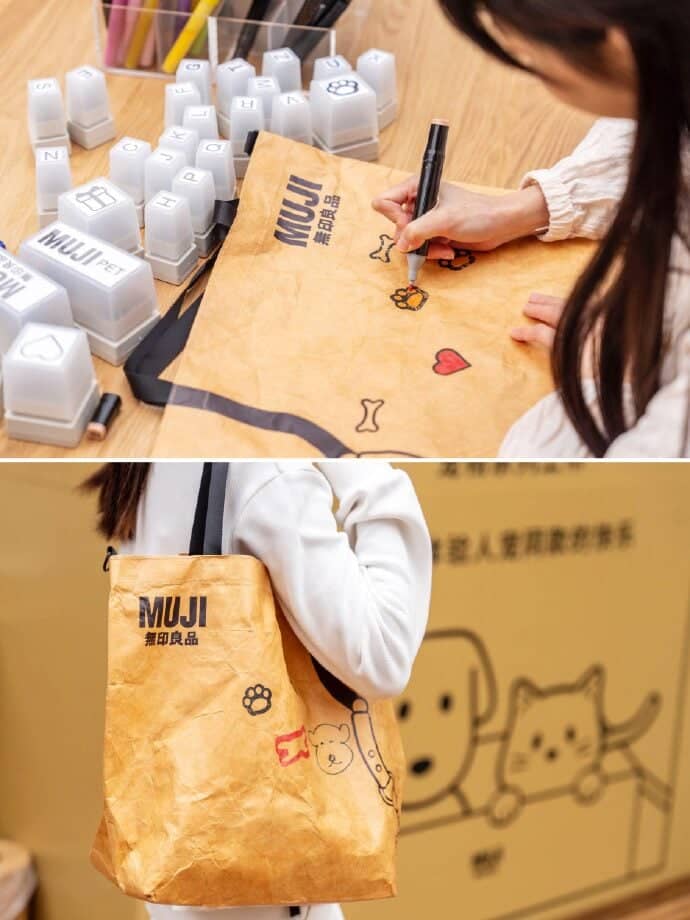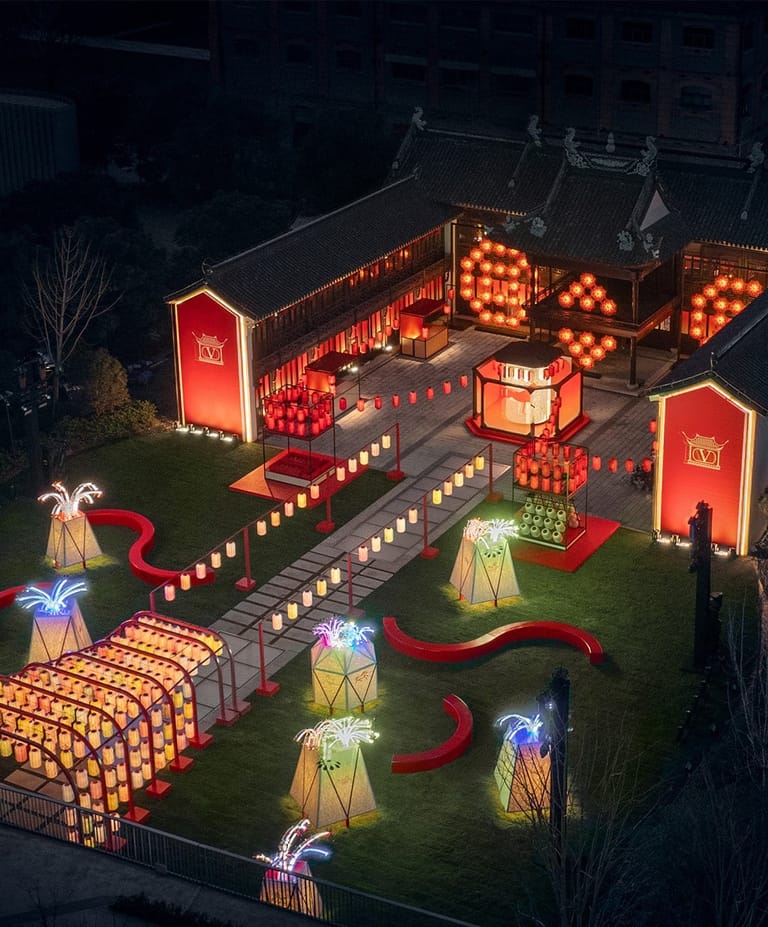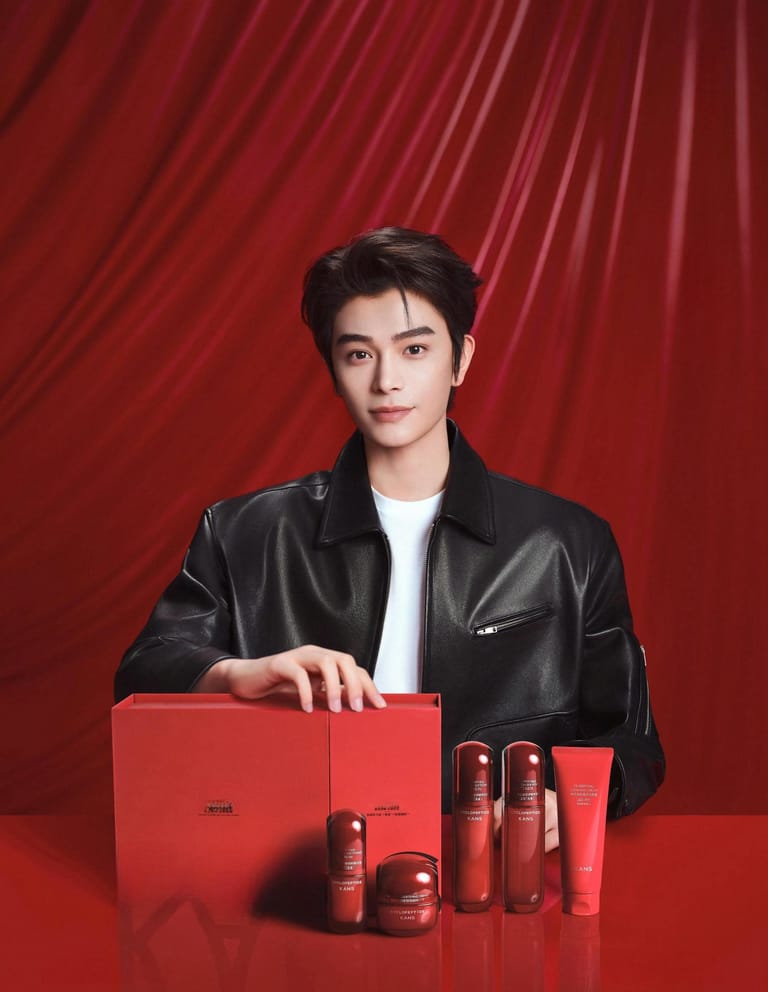Evolving Beyond the Label: How China’s Sustainability Drive is Shaping Consumer Behavior
By
Anqi Wen

Published on
May 14, 2025

In China, sustainability is undergoing a quiet but profound transformation. Once framed as a moral or ideological stance, green consumption is now being reinterpreted as a refined, emotionally resonant lifestyle upgrade—something not just good for the planet, but good for the self.
From naturally dyed goods to stylish electric vehicles humming through urban streets, sustainability is no longer limited to price-sensitive or utilitarian propositions. Instead, it’s increasingly characterized by high design, elevated quality, and cultural sophistication—a convergence of aesthetics, ethics, and aspiration.
But this shift also raises a new set of questions: Who can afford the premium on sustainability? Has it become another form of elite consumption? How do brands ensure that sustainability is not merely symbolic but substantively felt?
When Sustainability Becomes a Matter of Taste
Sustainability in China has evolved beyond marketing slogans and has become an integral part of daily life. On lifestyle platform RedNote, the hashtag “sustainable living” has surpassed 580,000 posts, covering everything from packaging-free goods to natural skincare, parenting tools, and travel habits. The conversation has become more nuanced and wide-ranging, transcending traditional categories such as energy-saving appliances and low-carbon transportation.
The market is responding with increasingly diversified product offerings. At Muji, for example, sustainability lead Yu Jiangxue notes that Chinese consumers now evaluate both environmental value and lifestyle integration. The brand has responded with a suite of products made from ocean-bound plastic, hemp-based fabrics, cooling fibers, and botanical dyes—products that are both mindful and made for easy integration into daily life.

Equally notable is the integration of sustainability with aesthetics. According to Li Yong, CCO of Canadian eco-conscious maternity brand Nest Designs, Chinese consumers today expect sustainable goods to combine beauty, comfort, and emotional value. In this context, sustainability is not a trade-off but a marker of high-quality living.
In categories like parenting, this shift is especially pronounced. Design-forward children’s products are replacing cartoonish, infantilized aesthetics with elevated, arts-informed styles, a reflection of the growing emphasis of younger parents on aesthetic literacy and cultural awareness in child-rearing.
Cindy Chiu, General Manager of Stokke for Greater China and Southeast Asia, notes that this shift is tied to the broader lifestyle aspirations of new parents. “With Stokke products as part of their journey, parents are able to maintain a refined family lifestyle—an increasingly clear trend among a new generation of parents.” This “parenting with style” ethos is reshaping consumer expectations and brand strategies alike.

One emblematic case is HAI 550. A sustainable lifestyle concept space launched by Youngor Group and Tianmuli in Hangzhou, the retail strategy explicitly targets “stylish intellectuals, cultural creatives, and aesthetic elites,” curating a community around individual expression, slow living, and sustainable values. For HAI 550, sustainability is not about guilt—it’s about identity.
This movement signals a decisive shift. Sustainability in China is no longer abstract or ascetic. It is increasingly sensual, social, and self-affirming.
From Morality to Identity: Sustainability’s New Currency
The appeal of sustainability has widened rapidly. While a 2019 McKinsey report noted that only 28 percent of Asia-Pacific Gen Z consumers were willing to pay a premium for green goods, Shangdao Consulting’s 2024 China Sustainable Consumption Report shows that over 87 percent of Chinese consumers now have adopted low-carbon lifestyles, encompassing older generations and working professionals. Sustainability is becoming mainstream.
Yet, motivations have shifted. The link between sustainable consumption and social identity, taste, and brand storytelling is becoming more potent. In China, sustainability is synonymous with cultural signaling, extending beyond ecological responsibility.
But this raises complications. As more brands attach premium pricing to a slate of “green” offerings, sustainability risks becoming yet another anxiety-inducing status symbol. Take Freitag, the Swiss brand known for its upcycled truck tarp bags. Once celebrated for its radical eco-credentials, it has recently come under fire on Chinese social media for lacking cultural resonance and becoming more of a status symbol rather than genuinely embracing local sustainability, sparking debate over whether sustainability is sliding into a trap of conceptual overreach and consumer disconnection.
To understand how sustainability takes root in China, appreciating its social context is imperative. Unlike Western markets, which emphasize individual needs and functionality, Chinese consumers interpret sustainability through the lens of family values, emotional ties, and collective well-being. The planet matters, but so do the home, the child, and the future.
As Nest Designs’ Li Yong puts it, sustainability isn’t just a function in the parenting space—it’s an expression of family values. “In China, sustainable thinking has become a shared moral code,” he says. “It’s a reflection of personal and familial integrity.”
The challenge for brands is clear: Chinese consumers are growing more discerning. They’re not seeking the distant moral high ground; they’re looking for products that feel authentic, pragmatic, and human-centered. Sustainability must meet people where they are, not where brands want them to be.
As Wang Xixuan, sustainable business researcher and content creator says: “Rather than shouting about sustainability, brands should demystify it. Forget ideology. What people want is resonance.”
Substance Over Symbolism: Designing for Sustainable Meaning
In mature markets, concepts like “de-growth” and “post-growth” are gaining traction, urging companies to rethink value beyond endless production. In China, however, the task is more complex: How can brands embed sustainability into everyday consumption without being alienating or overwhelming?
According to Jingzhi Chronicle’s Luxury Through a New Lens: 2025 Jingzhi China Vision Report, a wave of emerging cities beyond Beijing and Shanghai is becoming fertile ground for slow living, intentional consumption, and nuanced brand engagement. In these markets, brands are learning to let go of top-down eco-rhetoric and instead listen deeply to fundamental human needs.
For Chinese fashion group Zuczug, this meant establishing an organic farm in Shanghai’s Qingpu district in 2010, long before the concept was trendy. Today, its produce supplies the company cafeteria and local welfare centers, offering a quiet model of corporate sustainability grounded in care.

Over at Muji, localization is the norm. Since establishing its China-based product development team in 2019, over 70 percent of its household items are now locally developed, reflecting a growing focus on comfort, familiarity, and environmental sensibility. Muji’s cafés now feature regenerative dairy from Shandong, tea from the southern province of Guizhou, and pork from the rich farmland of Chongming Island in Shanghai, creating a culinary supply chain rooted in land and local sentiment.
In the parenting space, Nest Designs and Stokke have leaned into the evolving demands of Gen Z parents, offering materials and design collaborations that reflect emotional depth and functional elegance. Their success underscores a vital insight: consumers don’t want sustainability as a concept—they want it as a choice they can feel and live with.
The Future of Sustainable Luxury Lies in Emotional Value
Ultimately, the success of sustainability in China will not be measured by moral ambition, but by emotional clarity and material integrity. The question is no longer “is it worth the price?” but “can I feel the difference?”
True refinement in sustainability means materials that endure time, details that reflect care, and stories that feel rooted in lived reality. Serving an elite aesthetic is out; embedding long-term value into the rhythms of everyday life is in.
That requires brands to reinvest in product quality, design authenticity, and consumer trust. It also demands a more human approach to sustainability—one that prioritizes emotional engagement over ethical instruction.
In today’s China, authentic sustainability is not what is vocally advertised, but what is subtly experienced—and consistently chosen.












